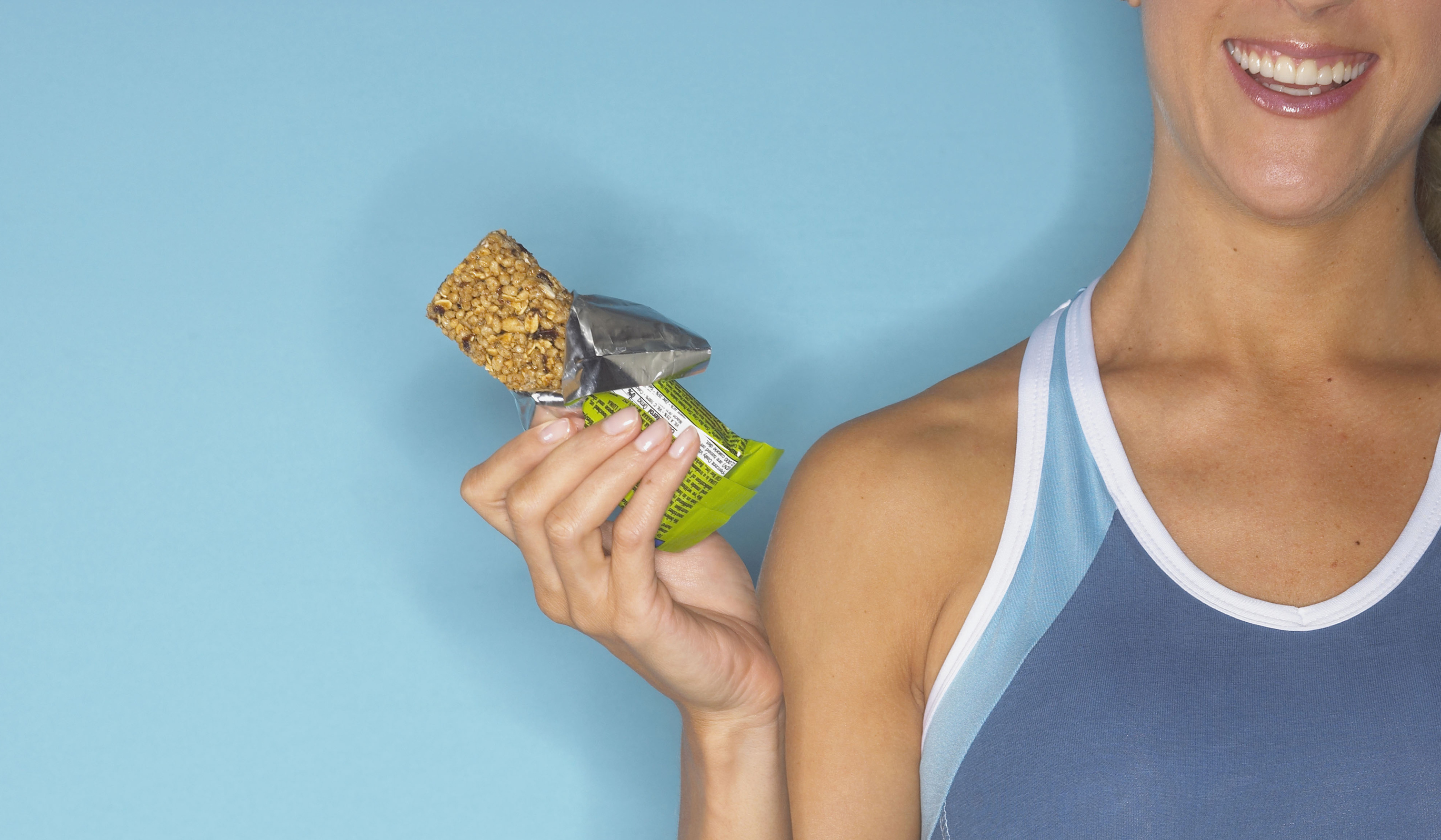Why so-called "fitness" food labels might actually cause you to exercise less
Packaged “health” foods are not only high in sugar, but some people use them as a substitute for exercise


Start your week with achievable workout ideas, health tips and wellbeing advice in your inbox.
You are now subscribed
Your newsletter sign-up was successful
The two foundations of a healthy lifestyle are diet and exercise, and the two compliment each other. You can burn some calories with the best exercises for weight loss or do some serious resistance training, then support your exercise by whipping up a healthy smoothie with one of the best blenders. It’s often tempting to supplement your diet with lots of supermarket foods with “health” or “fitness” written on the label, but this can be damaging to your goals: not all these foods are what they seem.
A study published by researchers from Pennsylvania State University and the German institution Technische Universität München looked at the effects of fitness-branded food on consumption and physical activity in "restrained" eaters, defined as people who are chronically concerned about their weight. Foods with green “healthy” branding include granola bars, trail mix, cereals, yoghurts and vegan meat alternatives, to name a few.
You'd have thought people who regularly buy this stuff would be healthier than those who indulge in non-healthy branded foods, but the opposite is in fact true: the study presented a range of snacks to people, some of whom were watching their weight, and had them spend 20 minutes afterwards on an exercise bike. It turned out participants who were trying to watch their weight ate far more of the health-food branded snack, and did less exercise, than those who weren’t concerned about body weight.

"Unless a food was forbidden by their diet, branding the product as 'fit' increased consumption for those trying to watch their weight," write the authors. "To make matters worse, these eaters also reduced their physical activity, apparently seeing the 'fit' food as a substitute for exercise."
As well as encouraging people on a diet to eat more of these foods guilt-free, granola, low-fat yoghurts and all the rest of it are often very high in sugar and calories. Many “fitness”, “healthy” or even “natural” branded foods are designed to be consumed as exercise fuel, to give people bursts of energy, which is why you might see a long-distance runner tucking into a granola bar as a snack before a run. Consuming more of these foods, but doing less exercise, very much defeats the point.
The solution is twofold: firstly, don’t rely on the marketing. Instead, look at the labels, especially keeping an eye out for sugar and calories, and eat more “whole foods” such as cuts of lean meat, whole fruit and vegetables. The second is to incorporate more movement into your day, such as walking to lose weight or watching Netflix on the best treadmill instead of slumped on the sofa.
Start your week with achievable workout ideas, health tips and wellbeing advice in your inbox.
Matt Evans is an experienced health and fitness journalist and is currently Fitness and Wellbeing Editor at TechRadar, covering all things exercise and nutrition on Fit&Well's tech-focused sister site. Matt originally discovered exercise through martial arts: he holds a black belt in Karate and remains a keen runner, gym-goer, and infrequent yogi. His top fitness tip? Stretch.
